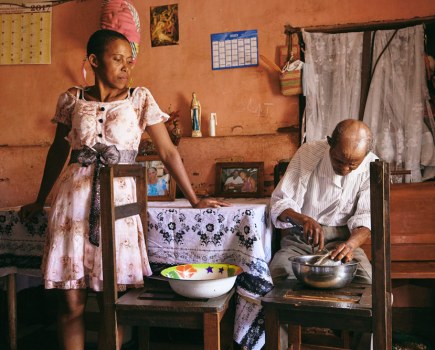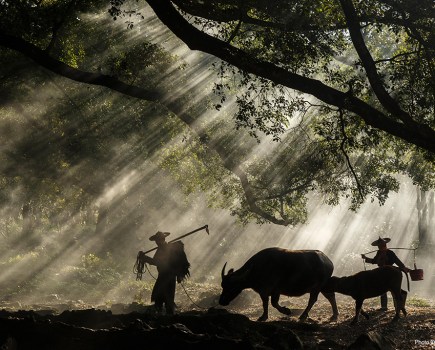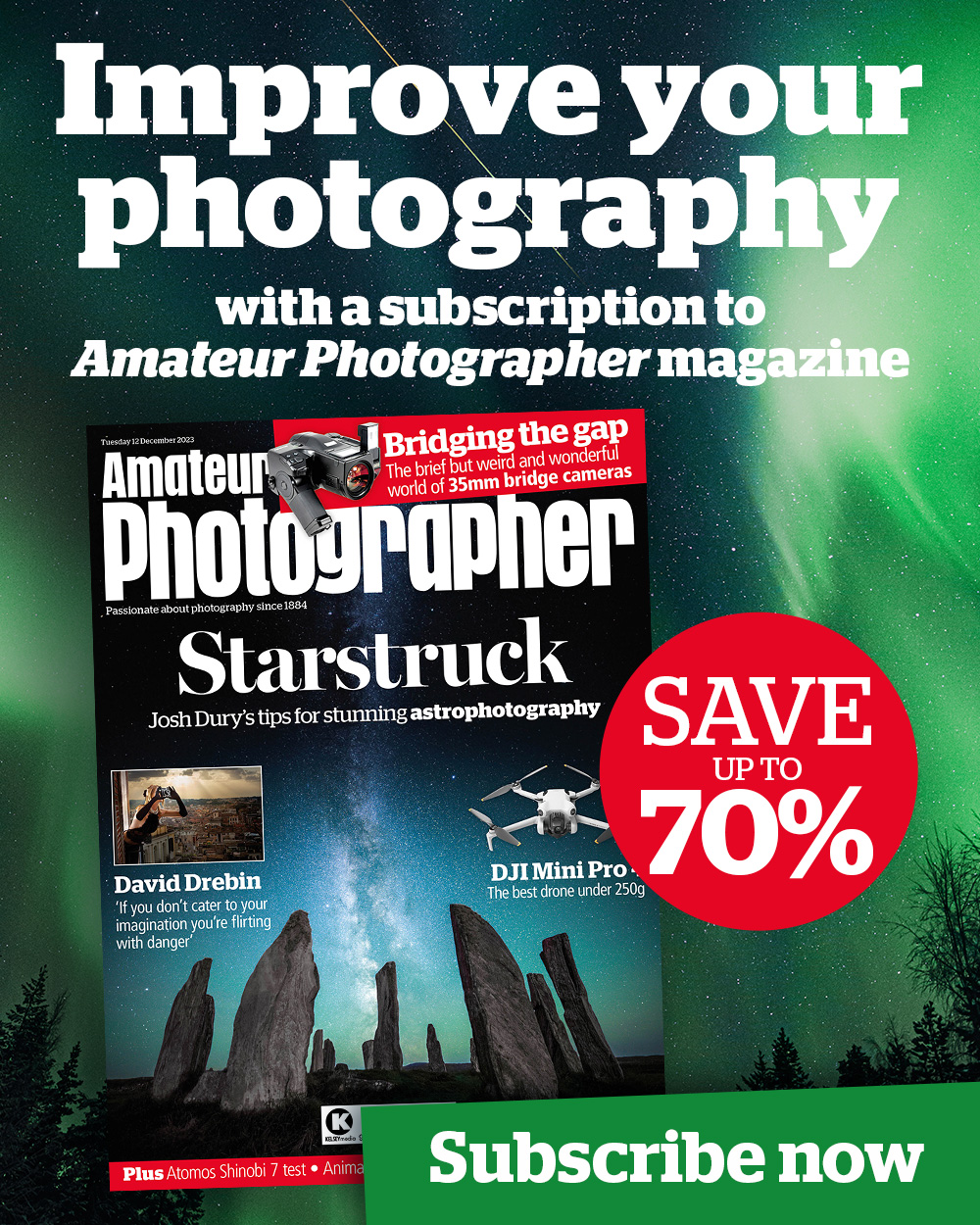Earlier this year, photographers including legend David Bailey, blasted the Enterprise and Regulatory Reform Act’s anticipated treatment of ‘orphan works’, where a copyright owner cannot be identified or traced.
Campaigners voiced concern that any identifying metadata is often routinely removed before images are published.
They argued that the controversial law would permit such works to be used without their permission and compensation for the rights holder.
Bailey blamed social media as largely responsible for routinely stripping names and contact details from digital files, fearing that commercial bodies would gain financially from these images, rather than the photographers who created them.
The issue sparked an e-petition against the new law, which has won more than 28,000 signatures and to which the Government has now responded.
On photographers’ metadata fears, the Government states: ‘With regard to the removal of data about the ownership of copyrighted work (metadata), it is already a civil infringement under UK copyright law to knowingly and without authority strip metadata from a copyrighted work.
‘If the infringer communicates the work to the public it may be a criminal offence. It may also be a criminal offence under the Fraud Act 2006 if the infringer claims to be the rights-holder.’
It adds: ‘Any person wishing to use an orphan work will need to apply to the government appointed authorising body for a licence. As part of that process they must undertake a diligent search for the rights-holder which will then be verified by the government-appointed independent authorising body.
‘The absence or removal of metadata does not in itself make a work “orphan” or allow its use under the orphan works scheme.
‘Only once the diligent search for the rights-holder has been verified by the authorising body, and after the licence fee has been paid, will a licence to use the orphan work be issued.
‘Licences will be for specified purposes and subject to a licence fee which is payable up-front at a rate appropriate to the type of work and type of use. The licence fee will then be held for the missing rights-holder to claim.
‘If the work is not genuinely orphan then the rights-holder should be found by the search. If the search is not properly diligent, no licence will issued.’
‘Copyright will continue to be automatic’
In its response, the Government adds that ‘copyright will continue to be automatic and there is no need to register a work in order for it to enjoy copyright protection.
‘The powers do not allow any person simply to use a photograph or any other work if they cannot find the rights-holder’.
Last month, photo industry groups, including the Royal Photographic Society met Viscount Younger of Leckie, the Parliamentary Under Secretary of State for Intellectual Property.
The talks aimed to help shape legislation before regulations come into force.
The Department for Business, Innovation and Skills has confirmed that an ‘industry-led Copyright Hub’ has set up a Working Group ‘to consider the issue of metadata and try to obtain cross-industry agreement on ensuring that metadata is not removed from copyright works’.







